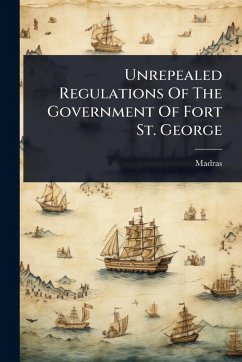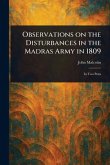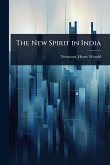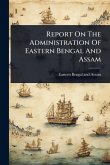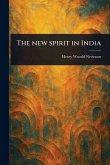âUnrepealed Regulations Of The Government Of Fort St. Georgeâ is a compilation of regulations, acts, and laws applicable to the Madras Presidency in India during the 19th century. This historical record includes the acts of the Government of India relevant to Madras, as well as the acts of the Government of Madras relating to revenue matters from 1802 to 1869. This collection offers insight into the legal and administrative framework established during British rule, shedding light on revenue collection, governance structures, and the application of Indian laws within the Madras Presidency. Researchers, historians, and those interested in the legal history of India will find this volume a valuable resource for understanding the colonial administration and its impact on the region. This work has been selected by scholars as being culturally important, and is part of the knowledge base of civilization as we know it. This work was reproduced from the original artifact, and remains as true to the original work as possible. Therefore, you will see the original copyright references, library stamps (as most of these works have been housed in our most important libraries around the world), and other notations in the work. This work is in the public domain in the United States of America, and possibly other nations. Within the United States, you may freely copy and distribute this work, as no entity (individual or corporate) has a copyright on the body of the work. As a reproduction of a historical artifact, this work may contain missing or blurred pages, poor pictures, errant marks, etc. Scholars believe, and we concur, that this work is important enough to be preserved, reproduced, and made generally available to the public. We appreciate your support of the preservation process, and thank you for being an important part of keeping this knowledge alive and relevant.
Bitte wählen Sie Ihr Anliegen aus.
Rechnungen
Retourenschein anfordern
Bestellstatus
Storno

